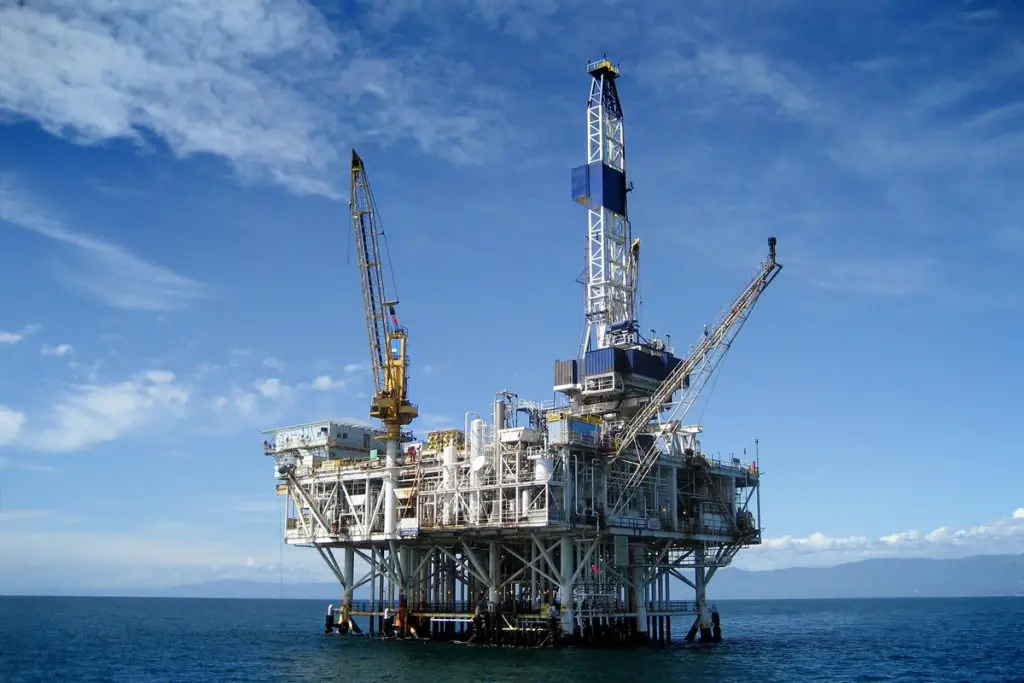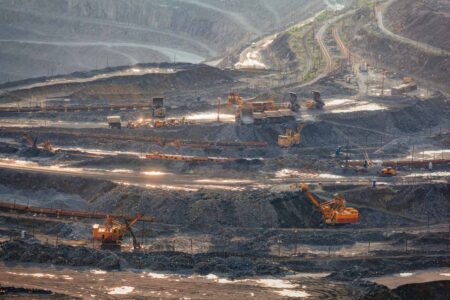At the end of 2017, Africa had 487.8 tcf of proven gas reserves representing 7.1 per cent of global proven reserves.
The continent’s share of global oil production slightly increased by 0.3 per cent then standing at 8.1 million bbl/d.
Africa’s major contributors continue to be Nigeria, Angola, Algeria and Egypt while Libya increased its production by 102.9 per cent in 2017 making it the fourth-largest oil producer in Africa with an 11 per cent share edging Egypt into the fifth position on the continent.
Read the May 2020 Edition here
The reason the East African region is not on the global map of oil producers is because of its hitherto small size of proved reserves.
But, countries like South Sudan, Kenya and Uganda have proved oil reserves making up 10.754 billion barrels which is the equivalent of 22.23 per cent of Libya’s reserves. On scale, this is just 0.63 per cent of all the world’s approved reserves.
For the region, Tanzania is the newest oil producer and it is one of the fastest-growing economies in comparison to its oil and gas-producing peers. It also boasts of having the region’s second-largest natural gas resources.
Tanzania is sitting on humongous oil and gas reserves and if well exploited, the discovery of new offshore fields could transform the 56 million people economy.
The advantage that the East African region has when it comes to oil production is that it is closer to its Asian markets giving it a geographical edge over the other producers on the continent.
With Asia seeking to grow its economy, oil is definitely a factor and East Africa could just help power these ambitions reaping big returns if the processes are devoid of corruption.
Uganda is expected to start production in 2021 with the construction of the Hoima (Uganda) to Tanga (Tanzania) pipeline already underway since 2018.
The landlocked country’s oil reserves could possibly be more or less than Kenya’s whose estimations show that the East African economic hub could possibly be having more than what has been previously estimated.
Kenya’s oil reserves could be more since the discovery of additional resources in Kerio Valley by Tullow Oil. For Kenya, however, the lack of infrastructure could delay any possible extraction and exports.
From these numbers, no country from East Africa featured on the list of oil producers despite the region having quite substantial reserves. That is, until now.
The African Energy Chamber says that the recent acquisition by Total of Tullow Oil’s entire interests in the Lake Albert Development Project in Uganda, including the East African Crude Oil Pipeline, marks the beginning of a new chapter for East Africa’s energy industry.
Markets are lacking energy says, Franklin Templeton
Under the agreement, the overall consideration paid by Total to Tullow will be US$575m, with an initial cash payment of US$500m at closing and $75m when the partners take the Final Investment Decision (FID) to launch the project.
Under the terms of the deal, Total will acquire all of Tullow’s existing 33.3334% stake in each of the Lake Albert project licenses EA1, EA1A, EA2 and EA3A and the proposed East African Crude Oil Pipeline (EACOP) System.
The Lake Albert project, also called the Tilenga Project, has a production capacity of up to 230,000 bopd, which would propel Uganda in the top 5 of sub-Saharan Africa’s oil producers.
After years of deliberations and debate, the closing of the sale allows the country and oil companies to move the conversation towards FID and practical project’s development. This opens up Uganda’s oil industry and local jobs. It also sends strong signals to the rest of the region, and Kenya in particular, to do everything possible to unlock their own oil & gas potential.
While visibility on the FID’s timeline remains unclear, the project is very competitive even in a depressed low oil prices environment. The cost per barrel of the integrated Lake Albert Development Project is indeed estimated at around $50.
This is explained in part because the country’s hydrocarbons are within shallow deposits which are less drilling intensive and do not need as much casing, tubing and completion work.
“While Total is following a global trend of drastically cutting expenses in light of the covid-19 pandemic and the collapse of oil demand and oil prices, the project’s economics make it one of the most likely to get FID in the near future,” notes the Chamber.
The moving forward of the Lake Albert Development Project, and its export pipeline, is a major step forward de-risking other potential oil & gas projects in East Africa and making them attractive for investments and financing.
Given the current industry dynamics and potential liquidity constraints, a scenario under which two regional pipelines would be laid was becoming more challenging. The AEC notes that the size of Uganda and Kenya’s discovered reserves along with the capital and financial muscles of their operators will be factors weighing in which pipeline gets executed.
The EACOP was, however, a matter which participants thought could become contentious for the execution of the overall Lake Albert project, and the development of the region’s oil sector.
Key questions remain to be answered, chief amongst them being Tanzania’s business environment and the country’s ability to provide policy certainty on the execution of such a major infrastructure venture.
Whether Tanzania decides to stick to an enabling business environment and demonstrate its willingness to comprise with international investors after years of natural resources nationalism remains another unanswered question.
The way the execution of the pipeline evolves will determine a lot of East Africa’s oil industry future. While the original northern route through Kenya was deemed less favourable, a scenario under which Total would consider buying out Tullow Oil’s assets in Kenya, where several significant oil discoveries were made, could potentially re-roll the dice in the region.
For the region to reap benefits from the sector, it should urgently lead to local content preparations not on a national, but a regional level.
South Sudan seeks investors in Johannesburg, SA
This is because the expected first oil from Uganda is expected in the coming years
“Between the two upstream projects of Tilenga (Total) and Kingfisher (CNOOC), the pipeline project and the Uganda oil refinery project, the scale of upcoming projects in Uganda and the neighbouring countries represents billions of dollars of opportunities for local companies,” adds AEC.
However, given the under-developed nature of the local hydrocarbons services industry in East Africa, only regional partnerships and joint-ventures can result in maximising such opportunities.
As the conversation in Uganda moves towards employability within local communities and ensuring that Uganda’s oil benefits the development of a strong local sector, the region as a whole needs to come together to support regional ventures.
AEC adds, “Unless companies across East Africa come together and leverage on their respective expertise and experience to work together, there is a fear that upcoming oil and gas projects will ultimately go to foreign contractors and deprive local businesses from tremendous growth opportunities.”
In this regard, the development of an African regional content is one of the top 10 measures that form Africa’s Common-sense Energy Agenda, released by the African Energy Chamber earlier this week.
“In this context, the need to invest in education, training and skills transfer is greater than ever. The success of the region’s oil sector will depend on all stakeholders coming together to bring the East African energy story to investors,” it concludes.











